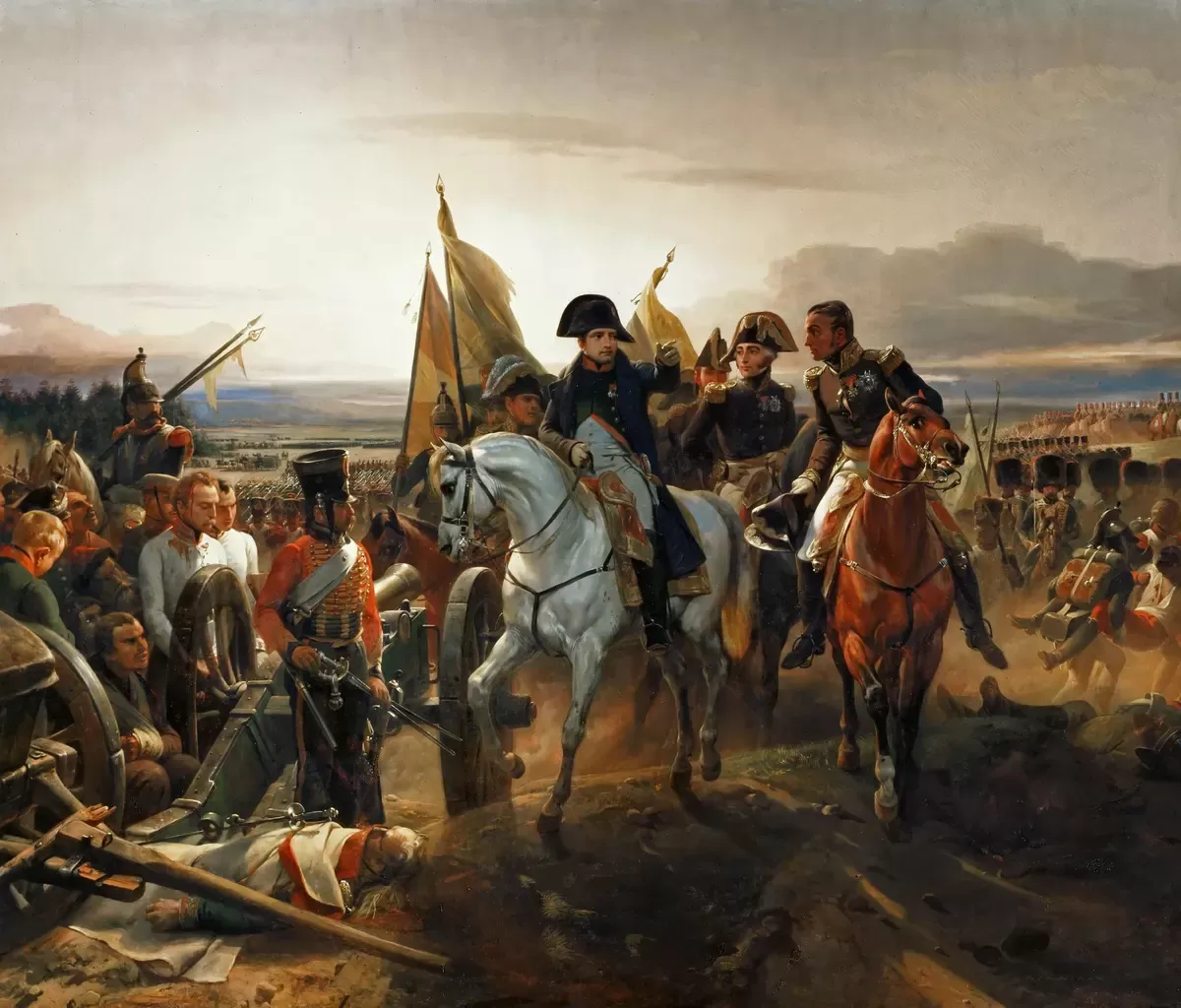
It is quite astounding how when history remembers or reflects on great African men and women, despite the audience there is a tendency to mention them in comparison to a white man.
They tune the narrative to ensure the African person is positioned directly in the shadow of the white man. The white man is elevated to a position that reveals them as the personification of greatness and the African is applauded for aspiring, but never reaching or surpassing such levels of greatness as allegedly set by the white men.
African stories must be told from an African perspective especially to a foreign audience. There is need to show that certain levels of greatness began and ended only on this continent and are totally incomparable to anything far removed from the “dark continent”.
Despite Napoleon Bonaparte [1769 – 1821] and Shaka Zulu [1787 – 1828] being contemporaries the narrative of the latter’s great leadership and military genius is placed in the shadow of the former.
Historical judgements of men and women in different settings fighting different regimes are often inaccurate. They are extremely unfair and the result often unjustified. When an African person is compared to a white person the African is sure of failure and will always be put below the white men. African stories are best compared against fellow Africans who had similar set ups and challenges as opposed to white people. In most instances the white people brought the challenges these African people in question had to overcome.
It is worse when the comparison is done by someone who has never set foot on the African continent with not the slightest idea what set ups were prevalent during the times in question. Bearing in mind the Africans were already labelled in the words of John Locke after his 1561 voyage to west Africa as “Beasts who have no houses” this automatically creates a bias towards Africans who had been heralded as beasts thus falling short of the whites who were the only ones regarded as “human beings”.
In his article titled “Shaka Zulu: Africa’s Napoleon?” Stephan Wilkinson states that Shaka Zulu, “came out of nowhere to lead his people to greatness. But while Shaka Zulu has been called the black Napoleon, he ultimately morphed into a 19th century Idi Amin.”
Now the misinformation that is embodied in these sentences are astounding. Shaka Zulu did not come out of nowhere, he was a prophetic leader, he was a Messiah for his people. The author’s disregard of these crucial elements in the rise of the great Zulu King is because of an obvious assumption of it being fiction. The stories of prophecies and magic that led to the rise of a great Zulu Empire seems to have been too much to stomach for Mr Wilkinson.
Furthermore, mention of Idi Amin who is heralded as a dictator and crazy tyrant is quite mind boggling. Napoleon Bonaparte is used when there is mention of leadership and greatness, but as the writer wants to portray shaka as a tyrant the comparison is to that of a “Terrible African Dictator”.
An article on Napoleon by Dan Snow in The Telegraph has a quite clear title, “The French should end their love affair with Napoleon- he was an utterly brutal and callous dictator”.
The comparisons of Shaka Zulu as long as they are good are put in the shadow of Napoleon but when there is need to paint a dark picture of his reign the comparison shifts and moves many years after his demise to a black African man labelled as anything but great.
The great interest in telling African stories is appreciated but a more in-depth research to give readers the actual account of the stories of various great African statesmen during the pre and post-colonial era is very crucial. This continent has birthed many great people and despite how unbelievable their stories might seem; these stories should be told in their purest form. There should not be a placement of the African in the shadows of white people. White historians try to juxtapose against them only to help elevate the white person’s story.
Until there is a proper appreciation of the African story there is a crucial need for Africans to champion and tell their own stories. This will entail telling the story in its authentic form without the writer’s reduction in an attempt to make it more relatable to the intended audience.
Shaka Zulu was a leader of prophecy he was born in Untulikazi (July- also known as the month of the prophecy). He assumed the throne of a clan with 1 500 people and 150sq.kms of territory. In eleven years Shaka Zulu had built an empire with an army of over 50 000 warriors and was ruler of most of the eastern seaboard and interior of modern day South Africa. The structures set by Shaka Zulu have survived to this day. The Zulu lineage has continued and in modern South Africa is currently being led by King Goodwill Zwelithini KaBhekuzulu and is situate in the territory known as the province of KwaZulu Natal.